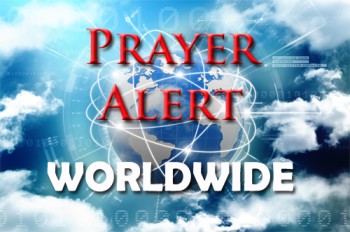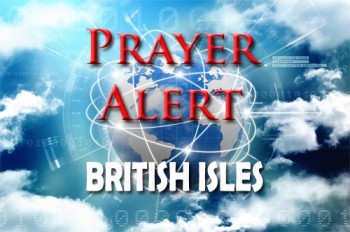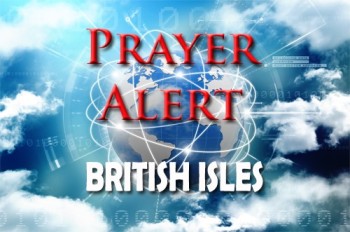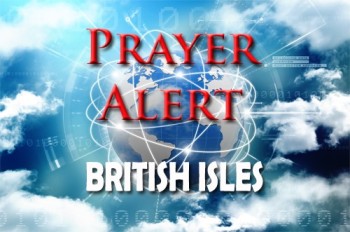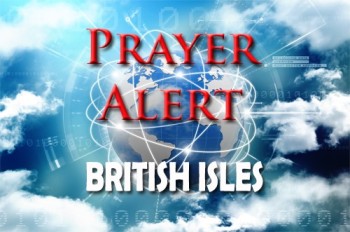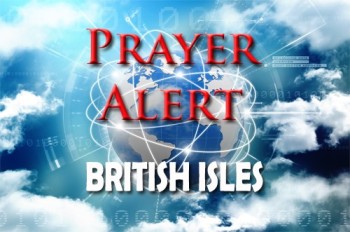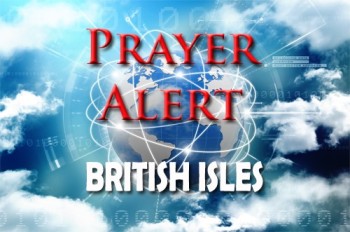Chile: ‘quick trigger’ law
Protesters and relatives of police officers who were killed in the line of duty took part in a march called by their relatives amid an increase in violent crime, in front of the La Moneda presidential palace in Santiago. Chile is one of Latin America’s safest countries, but its residents are becoming more worried after an upturn in violent crime and a spate of police killings. This month, the government passed a series of laws and allotted an additional $1.5bn to its police force. One of those laws, called the ‘quick trigger’ law, allows police to use force when they feel their lives are under threat. Many Chileans are still haunted by riot police actions during the 2019 protests, and human rights advocates say the new law could lead to impunity for police abuses.
God’s word translated and shared
Sakachep Christians in India celebrated the dedication of the New Testament in their language, which took several years to complete. Now, for the first time, God's Word is available in their mother tongue. After the dedication, eager Sakachep people came forward for their own copy of God's Word. In the coming months several more Bible distributions in new languages are scheduled near the Tibetan border, and in the next few years over 20 new translation projects are planned. Also 771 million people in undeveloped countries catch diseases because they cannot get safe drinking water. The Bucket Ministry reduces that number by sharing God’s love and providing safe, clean water using a filter attached to a bucket that removes harmful bacteria in North America, South America, Central America, Asia, and Africa. Providing clean water also leads to opportunities to share the gospel. In ten years they’ve helped 250,000 families. The difference is lifesaving physically and spiritually.
God restores life
David consumed a lot of cocaine. When he was In hospital after his third overdose, doctors told him his kidneys had failed, he had Hepatitis C, and would need dialysis for the rest of his life. With hopelessness and despair, he mourned his lost life. ’The night before dialysis was to begin, David cried out, ‘God, I don’t even know if you’re real, but if you are, please help me.’ The next day doctors came to his room. ‘We can’t explain it, but you’ve had a complete recovery,’ one told him. ‘You’re being discharged today.’ David wept profoundly. ‘It was mind-blowing,’ he recalls. ‘I don’t know how long I was on the floor asking God to forgive all the things I had done. God is in the restoration business.’
From death to life
A family is rejoicing because Sammy Berko is alive after suffering cardiac arrest before miraculously coming back to life two hours later. He reached the top of the wall at a rock climbing gym, and then went limp. He was lowered and then lifesaving measures were unsuccessfully implemented. ‘They looked at us and said, “I’m so sorry, but he’s gone”’, Sammy’s mum Jennifer said. She and her husband were left in the room to say goodbye to Sammy and Jennifer started speaking to Sammy and to God. ‘As I started praying, my husband said, he’s moving.' The 16-year-old came back to life.

